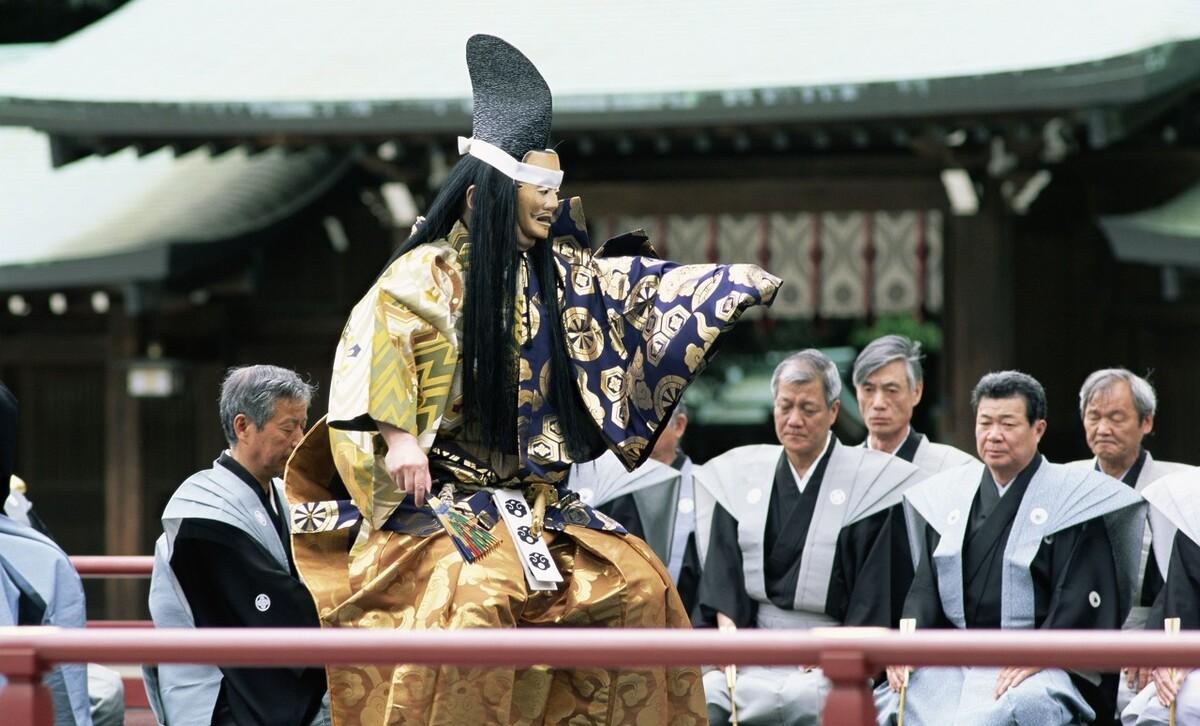More than a decade before the Sino-Japanese War, Japan had completed the Meiji Restoration. Their rising power gave them the courage to covet neighboring countries, both in Taiwan, China's maritime frontier, and in Ryukyu and North Korea, which were also internationally recognized as Chinese vassals at the time.

Around 1870, Japan informed the Qing government that it would not recognize Korea as a vassal state of China, and that the Qing government, which did not want to have a head-on conflict, only stressed that there was a traditional clan relationship between China and Korea, but on the other hand, it declared that it would not interfere in the internal affairs and foreign affairs of Korea, and that Korea was responsible for everything, and that it had also adopted a disregard for the private signing of treaties between Japan and its vassal Korea. In the later Tianjin Treaty, it recognized that China and Japan needed to inform each other if they wanted to invade Korea, tacitly acknowledged the potential possibility of Japan interfering in Korean affairs, and recognized Japan's influence on the existence of their own countries in disguise.
After the outbreak of the Dongxue Party rebellion in Korea, the Qing government was invited to help Korea send troops to quell the rebellion, and Japan, which also regarded Korea as its sphere of influence, did not want to be left behind, and quickly sent the first batch of 7,000 soldiers to be stationed in the area from Incheon to Seoul. The Japanese side's troop dispatch was based on the supposedly illegal DPRK-Japan treaty, which was similar in nature to the illegal treaty signed between the local government of Tibet and Britain that gave rise to the current Sino-Indian conflict, but because of the Qing government's abdication of the right to guide Korea's diplomacy mentioned above, it was impossible to condemn Japan's troop dispatch at the diplomatic level.
Yuan Shikai.
In terms of pre-war intelligence, Yuan Shikai, who lived in Pyongyang, believed that Japanese activities in Korea were relatively weak, and the Qing envoys to Japan also observed a large number of internal conflicts between the Japanese side after the Meiji Restoration. Both believe that Japan does not have the conditions and capabilities to send troops to intervene. In contrast, in Addition to allowing diplomats stationed in The DPRK and Beijing to collect official intelligence, spies walking along China's ports and railways are also continuously submitting information on the movement of the Qing army to the headquarters, which has strengthened the decision of the Japanese side to send troops as long as the Qing Dynasty sends troops to japan.
At that time, Japan had just completed the restoration, its national strength was limited, and it also had a trace of scruples about the Qing government, and more importantly, it was worried about attracting interference from European and American powers. This idea is not unexpected, in fact, the major powers have also expressed their willingness to intervene, but the first British to propose to mediate the contradiction was rejected by the Qing government, and the countries temporarily decided to wait and see what happened, and then act according to the development of the situation.
Therefore, the first thing the Japanese side proposed to the Qing government was a diplomatic solution, that is. A joint steering committee was formed by China and Japan to help North Korea carry out internal political reforms and quell civil unrest. However, at the same time, as a follow-up preparation, the Japanese side is still constantly transporting troops to Korea, and is intensively preparing for the possibility of war.
The Joint Commission's recommendations appeared neutral, but they contained ill intentions. Once the Qing government agreed, it meant giving up its suzerainty over Korea and needing to work with Japan to deal with Korean affairs. Japan, which had already denied its status as a vassal state of Korea, went a step further, turning independent Korea into a semi-colony under Japanese supervision.
Prime Minister Li Hongzhang rejected the bill on behalf of the Qing government, but did not take any more action. Qing troops stationed in North Korea remained silently on the defensive. It did not seize the political and military points, giving the later Japan an opportunity to take advantage of it.
Not surprisingly, Japan, which was rejected, immediately followed up. While continuing to mobilize warships and soldiers, the Japanese side directly skipped the Qing government's sending of ambassadors to negotiate with North Korea, and made three demands, first, to abolish the trade treaty with the Qing government and Zongfan relations. The second demanded that the Qing Dynasty withdraw its troops. Third, it was agreed that Japan would guide North Korea in its reforms. North Korea, which is caught between China and Japan, does not dare to offend either side, so it has to reply vaguely. Yuan Shikai, who had a premonition that the crisis was about to break out, returned to China under urgent pretexts. The upper echelons of North Korea, who thought they had been abandoned, panicked further. The Japanese side took this opportunity to issue an ultimatum demanding that north Korea agree to its demands. The hesitant North Korean side remains vague.
The Japanese troops, who had already stationed their troops near Seoul, rushed into the imperial palace under the pretext that the soldiers who had entered the city were attacked, took control of the Korean high-rise, and completed the coup d'état. The captured Korean elite also cooperated in accepting the Japanese request, and soon severed the Zongfan relationship with the Qing government for the Foreign Propaganda Department, agreed to let Japan guide Korea to carry out reforms, and demanded that the Qing army withdraw from Korea. At this point, in the diplomatic battlefield of the Sino-Japanese game, the Qing government was completely defeated. Almost at the same time, the Japanese army launched a surprise attack on the Qing army from the land and the Yellow Sea, and the Sino-Japanese War officially broke out.